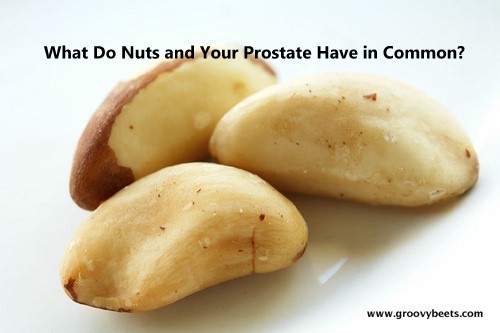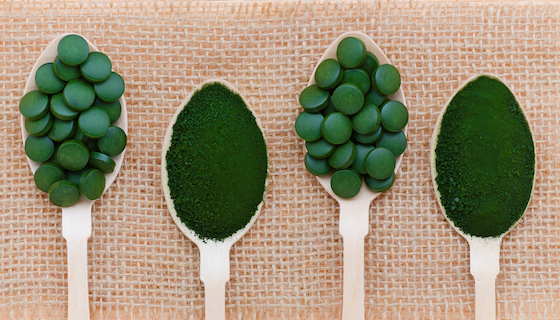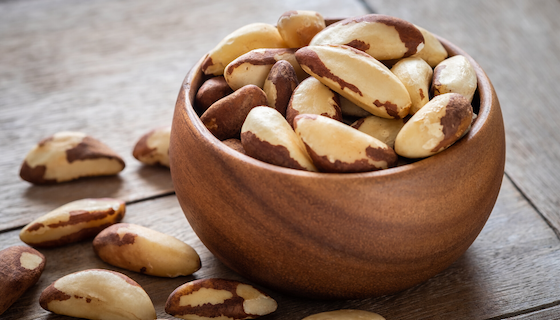Prostate cancer and enlarged prostate are becoming increasingly common amongst 40-plus year old men, but we can change that.
If you’re a male concerned with your overall well-being, you cannot overlook the health of your prostate gland, which secretes the fluid in which sperm are carried.
Beyond going for your annual check-up, strive to take the following dietary and lifestyle preventative care measures to ward off any chance of problems:
Increase Fruits and Vegetables, Decrease Dairy
Focus on eating foods high in lycopene, such as watermelon, grapefruit, asparagus, and pureed tomatoes. Avocadoes have been shown to inhibit the growth of prostate cancers.
A research study in the American Journal of Clinical Nutrition shows that higher intakes of both calcium and dairy products may increase a man’s risk of prostate cancer by 30 to 50 percent, so it makes sense to minimize your intake of milk, cheese, and ice cream!
Add Selenium and Zinc
Organic Brazil nuts are one of the best sources of selenium, an important anticancer nutrient that is particularly important to prostate health.
Wheat germ and pumpkin seeds contain ample amounts of the nutrient zinc, which is important for opening up the seminal vesicles, increasing blood flow, and nutritional transport as well. Zinc can also help decrease your risk of infertility, something important to consider if you are still planning on having a family.
Massage the Area
To do this, lay down on a bed and then start massaging all around the groin region, especially in the lower abdominal area as well. You should be applying medium pressure while doing this, but not so much that you feel any degree of pain.
Perform Lower Body Exercises—and Get Outside
Movements such as lunges, deadlifts, as well as squats will increase the blood circulation to hip and groin region, helping to improve nutrient delivery to the prostate. Make sure you spend time outside in the sun as prostate cancer is more likely to develop in men with low vitamin D levels.
Get Tested
Remember, it’s important to get a PSA blood test and digital rectal exam annually, beginning at age 50. If you have a strong family history of prostate cancer, begin testing at age 45.
Board Certified Health Coach and Food Toxin Specialist
_____________________
Related Links
Mayo Clinic Prostate Symptom Self-Assessment
The Whole Life Prostate Book by H. Ballantine Carter, M.D. and Gerarld Secor Couzens
“Brazil Nuts” © 2009 Satoru Kikuchi, used under a Creative Commons Attribution-NoDerivs license
_____________________
 Login
Login









